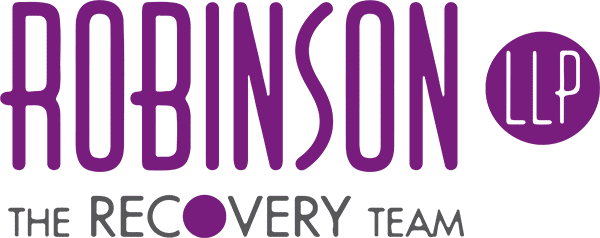THE PITFALLS OF SOCIAL MEDIA
It used to be a pet peeve of mine that chronic bloggers, tweeters and facebookers feel the need to post daily or even multiple times a day. Good grief! I don’t care what you have for breakfast. I don’t need to see more than a thousand pictures of your cat and PLEASE PLEASE PLEASE spare me the sappy, feel-good life-isms that come with inspirational quotes and pictures of animal babies. Don’t people have work to do?
Fortunately for social media junkies at large, my preferences on this topic seem to be unpopular at best. It would appear that there must be ready consumers for all you wish to post. Otherwise, why would you feel encouraged to continue to do so?
Those ready consumers may be a problem…for every utterance on the internet, there is a potential audience. While this may be innocuous, that is not going to be the case if you are already or are planning to be the Plaintiff in a lawsuit.
Good advice for an injured client: don’t speak to or provide statements to an insurance adjuster representing the at-fault party. Fortunately, that advice is easy to follow. What becomes a problem, however, it that posts to social media are tantamount to making statements to parties adverse to your interest.
You should not be providing relevant information in situations where it may be used against your claim. So what is relevant?
1.The Mechanism of Your Injury
Whether it is a discussion of how a car accident occurred or what happened to you in the hospital, this information will likely help determine fault in your lawsuit. It should not be offered for public consumption.
2.The Nature of Your Injury
The type and extent of injury suffered will comprise a core element of your lawsuit. The Rules of Court provide a mechanism for the dissemination of information to other Parties to the lawsuit. All communication regarding your injury should go through your legal counsel.
3.The Effects of Your Injury
The effects of your injury on your ability to undertake daily routine, both at work and at play, form the basis of the compensation package to which you are entitled. That means again, all communication should pass through your legal counsel.
The upshot: if you have been in an accident or are the victim of medical malpractice, unless you are SURE you do not intend to pursue a legal claim, do NOT comment on social media. Do NOT discuss:
1.Your accident or medical negligence
2.Your physical or emotional well being
3.Your activities of the day, whether work or play
So…in this case, if you feel you MUST blog/tweet/facebook, please go ahead with a sappy inspirational message, a photo of your cat and yes, you may go all out and show the world what you ate for breakfast. At least you won’t be potentially damaging your case.
